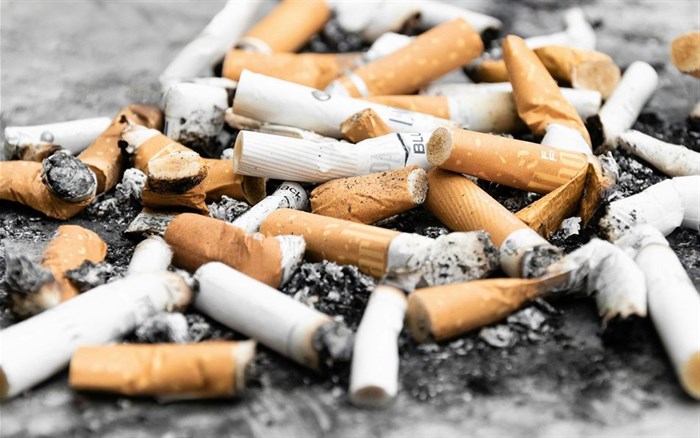BAT South Africa (Batsa) has scaled-down its direct retail product distribution and delivery operations in the country, as the company continues to see volume declines as a result of heightened illicit trade.
Until now, Batsa has had substantial contracts in place with third-party logistics and security companies to safely deliver its products directly to retail stores. However, these contracts have now been discontinued, with an estimated 500 jobs in the security and logistics part of the Company’s value chain being impacted.
This move significantly reduces Batsa’s need for logistics and security services from its external suppliers, impacting the broader value chain attached to the business. Further, the changes have impacted approximately 20 permanent Batsa employees.
In 2019, Batsa permanently employed around 1,800 highly qualified staff across its operations. Since 2020, the company has been forced to decrease its workforce by more than 30% and has lost around 40% of its cigarette sales in the same period, as the illicit market continues to grow.
Illicit trade still thriving, four years after unconstitutional 2020 tobacco sales ban
“The decision to stop direct deliveries to lower-volume retailers is an unfortunate consequence of the increasing illicit trade in tobacco products, which has continued since the Covid-19 tobacco ban. Our internal estimates now show that illicit trade now accounts for more than 70% of all cigarettes consumed in the country – leaving the legal market with less than a 30% market share,” said Johnny Moloto, area head of corporate and regulatory affairs for BAT Sub-Saharan Africa.
“For a long time, Batsa has been reluctant to scale down our distribution operations in view of the potential impact on our highly integrated supply chain. However, the business must take urgent action to enhance efficiencies in our business, as we try to mitigate the impact of illicit trade and an uncertain regulatory environment.
“It is unfortunate that the government hasn’t done more to tackle South Africa’s illicit tobacco trade. As such, we call on the Minister of Finance to ensure the South African Revenue Services (Sars) and the National Prosecuting Authority (NPA) are properly equipped to deal with the menace,” he said.
Draft tobacco control bill exacerbates an already dire situation
“The issue of illicit trade could be further exacerbated by a rushed attempt to pass the Tobacco Products & Electronic Delivery Systems Control Bill, which seems tailor-made to benefit the illicit sector. The consequence of the Bill will severely curtail South Africa’s legal tobacco industry, which is already under 30% of the total market, while failing to address illicit trade in any capacity, thereby further aiding criminal activity.
“Ironically, the Bill is not likely to result in a reduction in smoking incidence because the market has been flooded with illicit products that are sold for as little as R10 for a pack of 20 (while the Minimum Collectible Tax alone is R24.87), with no regard whatsoever for health regulations.
“Further, we estimate that the government will continue to lose an estimated R24 billion in tax revenues to the illegal cigarette trade every year – revenue that is otherwise critical for the development of the country,” warned Moloto.








































